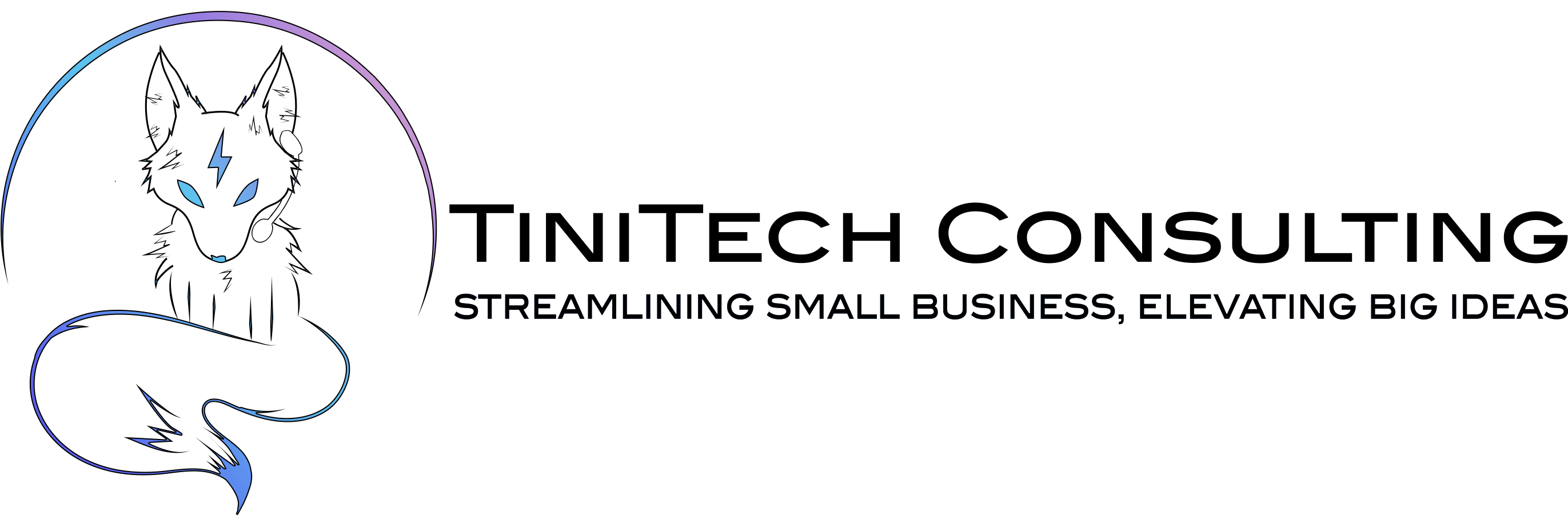It’s no secret that being a survivor isn’t easy. Especially in the beginning.
Survivors of abuse, assault, trafficking, and relationship violence are some of the toughest people on the planet! But it doesn’t always feel that way.
When first restarting our lives, our nervous systems have been in a fight or flight mode for so long that our chemical and neurological make has physically changed in our bodies. Our system expects threats on an ongoing basis and it doesn’t know how to slow down, or trust that we’re safe.
This is why a huge part of being a survivor is reprogramming our own mind and body.
It isn’t easy, at first. Even people who have rescued an abused animal know what it looks like, trying to get them to trust that they’re safe. It takes time, practice, effort, and patience.
Whether you’re the survivor who is rewriting your life, or you’re supporting someone who is, keep reading to learn about resources can help you with this process.
Mindfulness Techniques to Rewire the Brain
What is “Mindfulness” besides a buzz word? It is the practice of retraining your thought patterns in order to help your system to settle down into a safer, more stable place.
It is developing habits over time that allow you to pause, and think your way through stressful moments, rather than emotionally reacting without any control. It is not about suppressing emotions. Not at all! But emotions are part of a feedback loop that sends chemicals between your brain and your body, signaling that you’re in some kind of danger or discomfort.
And sometimes, after your body is used to being in danger, it doesn’t know how to stop that feedback loop. The emotions run away with your system and suddenly you’re left in anxiety, depression, fear, even panic attacks.
Mindfulness is meant to stop this loop, allowing you to assess a situation from a more calm, safe, and peaceful place.
So what are some common techniques one can use, to begin this journey?
Below is a list of techniques that can be used by survivors and allies alike.
- Meditation
- Cognitive Behavioral Therapy
- EFT or “Tapping”
- Yoga
- Breathing Techniques (Pranayama)
Combining these techniques together, and with therapy, can change not only the way you see the world and respond to it, but how you feel about yourself and your place in it.
This process does not take place overnight. Don’t get me wrong, many people have epiphanies when doing deep work. But the execution of reprogramming years of experience takes time and repetition. Have patience with yourself, and understand that also seeking professional help with this process can go a long way towards guiding you to the future you desire.
Want coaching or support with your journey?
How a psychologist can help
If you continue to feel overwhelmed, consult with a psychologist or other licensed mental health professional who can help you learn how to control your stressful emotions. He or she can help you identify problem areas and then develop an action plan for changing them.
**Disclosure: This blog is not meant to be a replacement for professional/licensed therapy.
Many people enjoy the DIY of mental health, but almost everyone needs support at one time or another, and no one should feel alone in their pain.
While almost anything can be found on the internet, if you’re in need of professional help do not hesitate to contact a licensed therapist.





